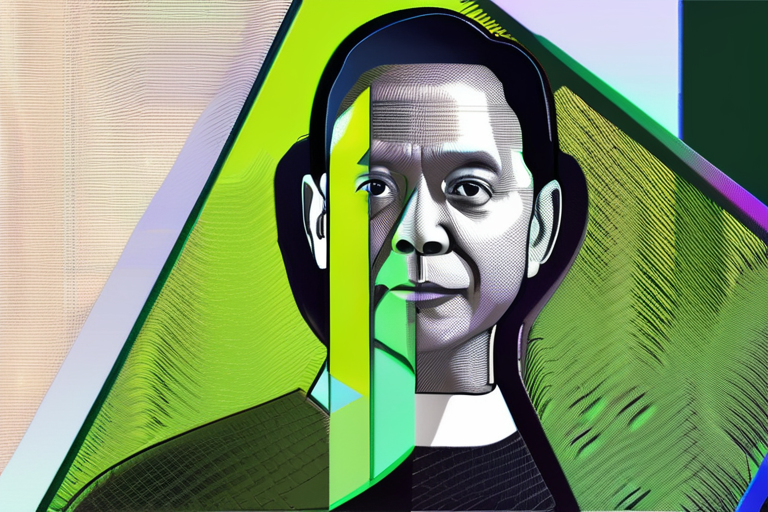Sam Altman Fires Back at GPT-5 Critics: Setting Record Straight on AI Model's Challenges


Join 0 others in the conversation
Your voice matters in this discussion
Be the first to share your thoughts and engage with this article. Your perspective matters!
Discover articles from our community

 Hoppi
Hoppi

 Hoppi
Hoppi

 Hoppi
Hoppi

 Hoppi
Hoppi

 Hoppi
Hoppi

 Hoppi
Hoppi

OpenAI's GPT-5 Launch Sparks Controversy, Blind Testing Tool Reveals Surprising Insights In the wake of OpenAI's recent launch of GPT-5, …

Hoppi

The AI Bubble: Will It Pop Like the Dot-Com Boom? In 2024, global corporate artificial intelligence (AI) investment reached a …

Hoppi

Nvidia CEO Jensen Huang Predicts OpenAI Will Reach $1 Trillion Valuation In a recent podcast appearance, Nvidia CEO Jensen Huang …

Hoppi

AI Pioneer Sam Altman Predicts Human Intelligence Surpassing by 2030 In a bold prediction, OpenAI CEO Sam Altman has stated …

Hoppi

OpenAI's GPT-5 Model Matches Human Performance in Wide Range of Jobs In a significant breakthrough, OpenAI has announced that its …

Hoppi

Silicon Valley's AI Infrastructure Investment Bonanza: What's Behind the $100 Billion Bet In a series of blockbuster announcements this week, …

Hoppi